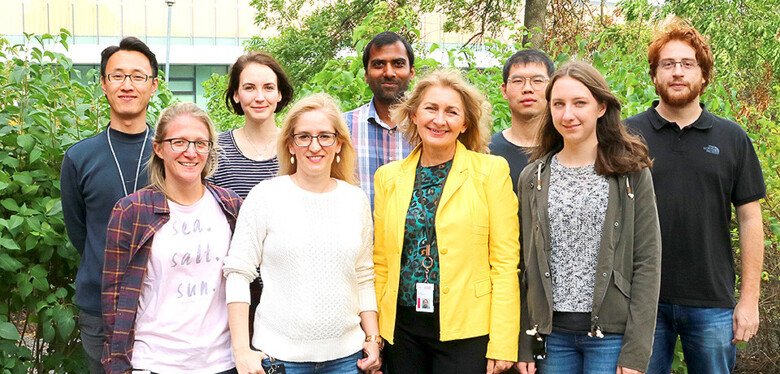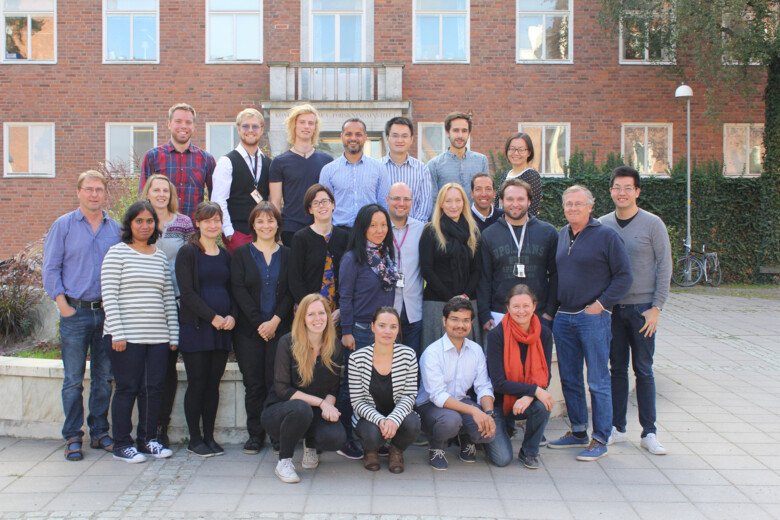New publication: Enterobacteria impair host p53 tumor suppressor activity through mRNA destabilization
The Selivanova's group at MTC recently established a multidisciplinary collaboration together with Dr. Marie-Stéphanie Aschtgen, microbiologist in the Henriques-Normark groups (also at MTC) to study the interplay between bacteria and cancer, focusing on how specific bacterial systems influence host tumor supressors. Together they recently got their first collaborative paper accepted in Oncogene, entitled "Enterobacteria impair host p53 tumor suppressor activity through mRNA destabilization".

Congratulations Sylvain Peuget, PhD and Assistant Professor in Galina Selivanova’s group!
What are the most important results of your study?
We found a novel mechanism of regulation of the tumor suppressor p53 by Enterobacteria that links the microbiota and tumor evolution. Importantly, we have discovered that p53 was inhibited through a destabilization of its mRNA. We identified that LPS triggers an NFκB dependent inhibition of ZMAT3 gene, which encodes a RNA binding protein normally stabilizing p53 mRNA.
Why are these results important?
The gut microbiome is an important modulator of cancer initiation and progression, but also response to therapy. Therefore, understanding how bacteria influence our anticancer mechanisms, and in this case p53 function, is important for a more rational use of anticancer therapies. For instance, p53-reactivating compounds are on the way to the clinics and our study suggests that their efficacy could be influenced by the microbiota composition.
How can this new knowledge contribute to improving human health?
Understanding how bacteria influence tumor suppressor pathways and host defense against cancer has open new perspectives for personalized medicine, for instance rational use of p53-reactivating compounds. It can also pave the way to new types of prevention approaches how therapies targeting the microbiota composition, such as probiotics. This is very interesting as the microbiota can be more easily modified by therapeutic intervention than our self- our genes.

How did you conduct the study?
This study was performed using multiple in-vitro approaches combining cell biology, microbiology, and biochemistry as well as bioinformatics analyses of public colorectal cancer patients' data from TCGA (the Cancer Genome Atlas). This multidisciplinary approach was made possible thanks to a tight collaboration between microbiologists and cancer biologists.
What is the next step in your research?
We aim to continue deciphering the interplay between bacteria and p53 and its impact on cancer, but also on bacterial infections. How tumor suppressor genes such as p53 are regulated by the gut microbiota, what is the physiological p53 response to bacterial infection, what are the consequences of these mechanisms for cancer processes and for response to anticancer therapies are the main research questions we are currently investigating.
